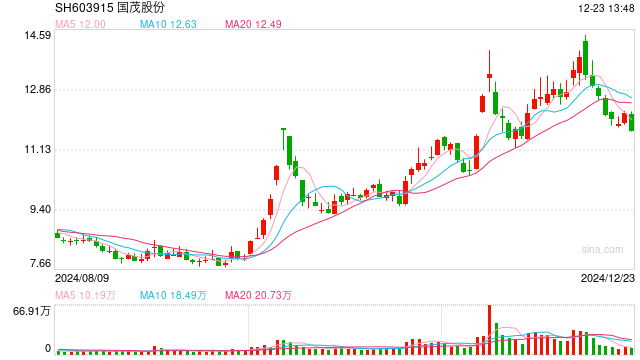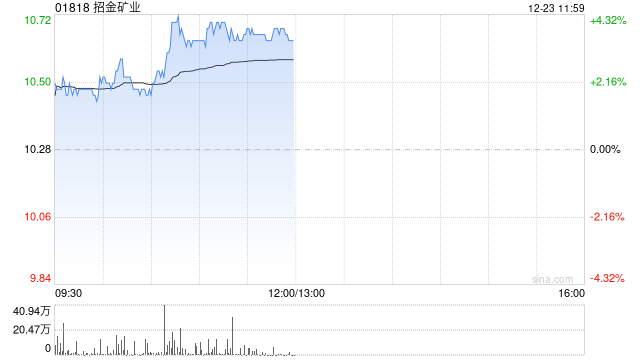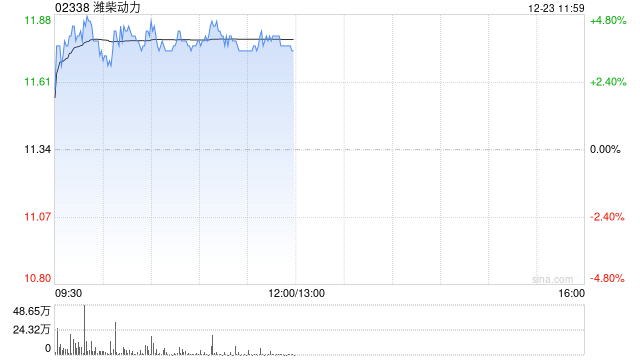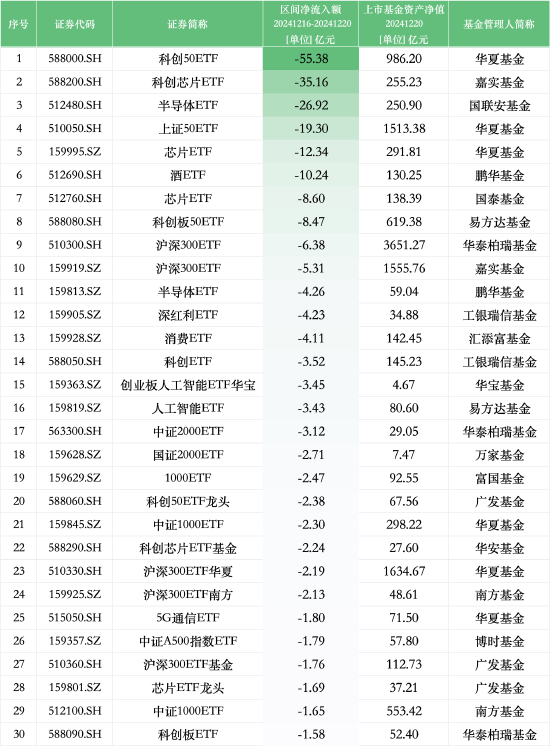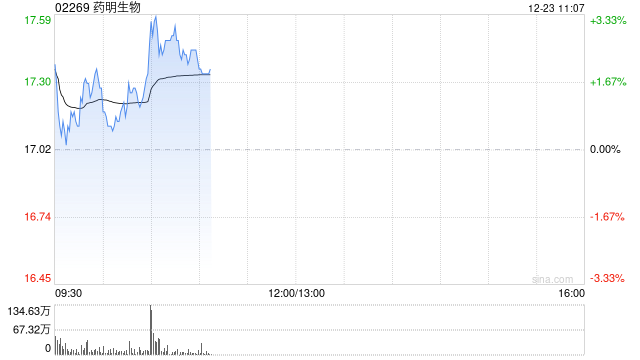**Title:TheEssentialsforAspiringGameVFXArtists**Inthedynamicrealmofgamedevelopment,VisualEffects(VFX...
游戏特效师有前途吗
游戏特效师需要学什么学历能录取 游戏特效师需要学什么软件 游戏特效师学什么专业
- 支 持:
- 大 小:
- 开发者:
- 提 现:
- 说 明:
- 分 类:手机游戏
- 下载量:587次
- 发 布:2024-05-07
手机扫码免费下载
纠错留言#游戏特效师有前途吗简介
Title: The Essentials for Aspiring Game VFX Artists
In the dynamic realm of game development, Visual Effects (VFX) play a pivotal role in enhancing the immersive experience for players. Aspiring game VFX artists require a multifaceted skill set and a deep understanding of various disciplines to excel in this competitive field. Let's delve into the essentials for individuals aspiring to become proficient game VFX artists.
1. Artistic Fundamentals:
Drawing and Painting:
Solid drawing and painting skills are fundamental for creating concept art and textures for VFX.
Color Theory:
Understanding color harmonies, contrasts, and mood effects is crucial for creating visually appealing effects.
Animation Principles:
Familiarity with animation principles like timing, spacing, and exaggeration aids in crafting dynamic and believable VFX animations.2. Technical Proficiency:
Software Proficiency:
Mastery of industrystandard software such as Adobe Photoshop, Autodesk Maya, and Blender is essential.
Particle Systems:
Proficiency in particle systems for simulating natural phenomena like fire, smoke, water, and explosions is a must.
Shader Programming:
Basic knowledge of shader programming languages like HLSL or GLSL enables customization of VFX shaders for optimal performance and visual fidelity.3. Game Development Knowledge:
Understanding Game Engines:
Familiarity with game engines like Unity or Unreal Engine is indispensable for integrating VFX into games effectively.
Realtime Rendering:
Understanding realtime rendering constraints and optimization techniques is vital for creating VFX that run smoothly ingame.
Interdisciplinary Collaboration:
Collaborating with other game development disciplines such as level design, character animation, and sound design enhances the integration and impact of VFX within the game environment.4. Specialized Skills:
Simulation Techniques:
Knowledge of physics simulation techniques for realistic effects such as cloth dynamics, fluid simulations, and destruction effects.
Texture Mapping:
Proficiency in texture mapping and UV unwrapping ensures seamless integration of VFX textures onto game assets.
UI/UX Understanding:
Understanding of User Interface (UI) and User Experience (UX) design principles aids in creating intuitive and visually appealing HUD (HeadsUp Display) effects.5. Continuous Learning and Adaptation:
Staying Updated:
Keeping abreast of the latest trends, techniques, and technologies in game development and VFX through online tutorials, workshops, and industry events.
Portfolio Development:
Building a diverse portfolio showcasing a range of VFX work across different genres and styles demonstrates proficiency and creativity to potential employers.
Seeking Feedback:
Actively seeking feedback from peers, mentors, and online communities helps in identifying areas for improvement and refining one's skills.6. Soft Skills:
Creativity:
Cultivating a creative mindset to ideate and innovate unique VFX designs that enhance gameplay and narrative.
Problemsolving:
Developing strong problemsolving skills to tackle technical challenges and optimize VFX for performance and visual impact.
Communication:
Effective communication skills are crucial for articulating ideas, collaborating with team members, and incorporating feedback into VFX designs.Conclusion:
Becoming a proficient game VFX artist requires a blend of artistic creativity, technical proficiency, game development knowledge, and soft skills. By mastering the essentials outlined above and maintaining a passion for learning and innovation, aspiring VFX artists can carve out a rewarding career in the dynamic world of game development.
References:
Smith, M. (2019). *The Art of Visual Effects in Games: Inspirations and Techniques for the Aspiring Game Artist.* CRC Press.
Kremers, R. (2013). *Game Development Essentials: Game Art.* Cengage Learning.
Unity Learn. (n.d.). Retrieved from https://learn.unity.com/
Unreal Engine Documentation. (n.d.). Retrieved from https://docs.unrealengine.com/enUS/index.html


